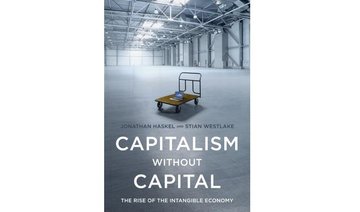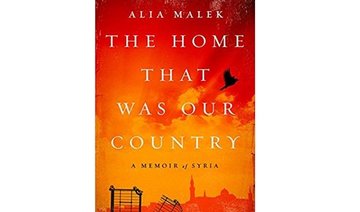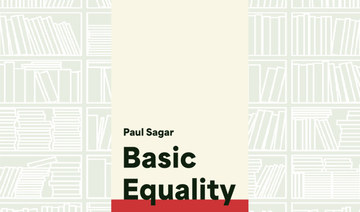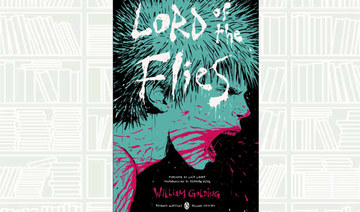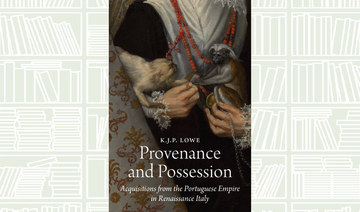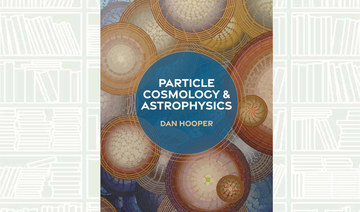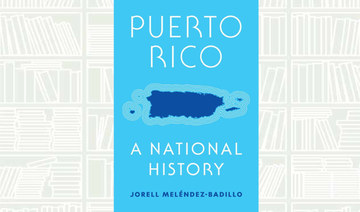Gone are the days of the Internet when individuals were empowered. Now, governments and corporations hold the balance of power. The web is increasingly threatened by surveillance, censorship, propaganda and control and the Information Security Forum (a global, independent information security body) forecasts an even greater number of data breaches in the future. While governments are less afflicted by security breaches than the private sector, organizations and individuals are losing their way in a maze of uncertainty as they struggle with complex technology, a plethora of data and increased regulation. Cybersecurity is becoming a hot topic both on social media and in the news media.
“The goal of this book is to show how activities of states are making cyberspace a domain of conflict and therefore increasingly threatening the overall stability and security not only of the Internet but also of our very societies,” author Alexander Klimburg wrote.
We have little to no idea of what the worst case scenario of a cyber war might entail. However, a controversial inquiry into the effect of a large-scale electromagnetic pulse attack concluded that if most civilian electronics and the US power grid were “destroyed,” it could trigger a huge famine. A cyberattack designed to inflict maximum damage would not only switch off power, but also destroy parts of the power grid for prolonged periods of time, delete financial information, disrupt transportation, shut down the media and telecommunications network and also access the banking system, the air traffic control system and the rail management system. The worst possible cyber event may not be that the lights go out, but that we live in an environment that we can no longer control.
You can imagine a world where information, news, commercials and entertainment are programmed around you. You already experience this each time you use Google. The searches on Google are personalized. Google’s Gmail service scans your emails for keywords that can influence the advertisements that flash up on your screen.
To this day, civil society builds and maintains the Internet and develops computer protocols. On the other hand, the private sector plays an equally important role as it builds, owns and operates practically all of the physical aspects of the Internet.
We are now witnessing a confrontation between authoritarian regimes, who favor a state controlled model, and liberal democracies led by the United States, who are in favor of a free Internet. One of the biggest battles is how to keep personal information safe on the Internet.
Few people know the role played by the InfoSec community, known as “the community” in the book, a group of dedicated, brilliant computer technicians who attempt to keep the Internet safe. Fortuitously, a member of InfoSec community uncovered a fatal flaw in a fundamental protocol of the Internet — he discovered that he could impersonate any website in the world. In a remarkable example of altruism, he exposed this flaw to 16 experts and was thanked with a simple accolade. Thanks to such nonprofit organizations, not affiliated to any government, the Internet is a safer place. “Some of these informal groups of cyber defenders are highly-paid consultants working for free, sometimes university researches or experts in IT security companies, but also individuals in many of the world’s largest corporations whose efforts to safeguard their companies are critical, but remain unknown to their own boards,” writes Klimburg.
What is Internet governance?
The term “Internet governance” refers to the management of the world’s Internet resources that effectively power cyberspace. It encompasses cyberspace security, on one hand, and international cybersecurity on the other. There is an urgent need to address the possibility of state conflicts through cyberspace and avoid escalation and the inability to manage a crisis. Presently, two countries are leading the way. Russia and China are continuously on the offensive, they have taken the initiative and are creating political momentum.
Information warfare is a controversial topic that Western countries have largely chosen to ignore. However, Russia’s return to propaganda war has prompted Western governments to reopen discussions and the leaks on US intelligence released by Edward Snowden have had far-reaching implications on US cybersecurity.
“The threat of the information warfare narrative, with the overtones of ‘information is a weapon,’ is one of the most dangerous challenges facing democratic society as a whole for it threatens to make everything, including free speech and basic human rights, the battleground… At worst, it would mean not simply a loss of national prestige or a shattering of alliances, but even a fundamental weakening of democracy itself,” writes Klimburg.
Although Russia, China and the US dominate the international cyber landscape, since 2016, more than 30 countries are openly pursuing defensive as well as offensive capabilities in cyberspace. The US, Russia and Israel have some of the best “battlefield cyber” capabilities. However, Iran has followed an aggressive capabilities agenda “and has become one of the most worrying cyber actors in the eyes of many national governments, sometimes even ranked on threat assessments third after Russia and China,” writes Klimburg.
North Korea is another country that has superseded its basic technical abilities and launched damaging attacks. In 2009, North Korea disrupted the White House and the Pentagon’s public websites. Turkey has repeatedly blocked Twitter, Facebook and You Tube and India’s highest court has rejected some contentious legislation aimed at controlling social media activity while Brazil has produced a document that protects civil rights online. All this shows the importance the Internet has taken on the political stage.
Klimburg concludes on a positive note concerning the rise of clickbait-style, often unverified and untrue stories that spread like wildfire on the Internet, saying: “The ability of the civil society and news media in democratic societies everywhere to respond to the so-called ‘fake news phenomenon’ leaves me very hopeful that the technical vulnerability in the wider information ecosystem can be patched.”
Book Review: Exploring the dark underbelly of the World Wide Web
Book Review: Exploring the dark underbelly of the World Wide Web
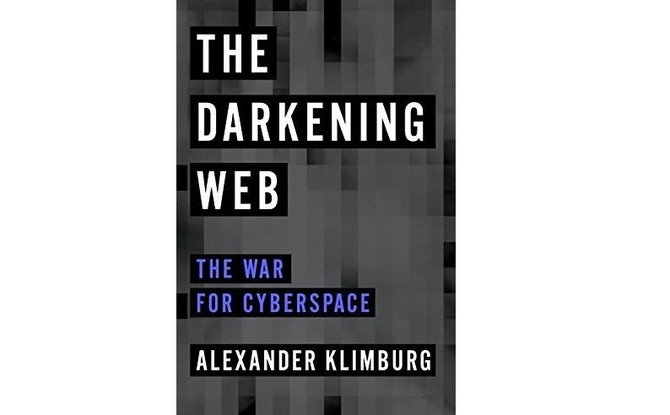
What We Are Reading Today: The Empire of Climate
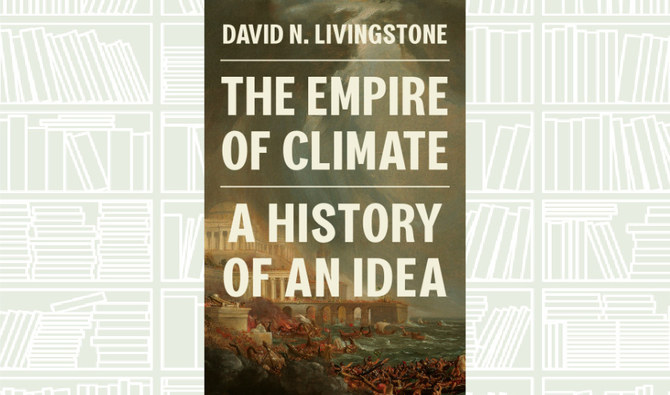
Author: David N. Livingstone
Scientists, journalists, and politicians increasingly tell us that human impacts on climate constitute the single greatest threat facing our planet and may even bring about the extinction of our species. Yet behind these anxieties lies an older, much deeper fear about the power that climate exerts over us.
“The Empire of Climate” traces the history of this idea and its pervasive influence over how we interpret world events and make sense of the human condition, from the rise and fall of ancient civilizations to the afflictions of the modern psyche.
Taking readers from the time of Hippocrates to the unfolding crisis of global warming today, David Livingstone reveals how climate has been critically implicated in the politics of imperial control and race relations; been used to explain industrial development, market performance, and economic breakdown; and served as a bellwether for national character and cultural
collapse.
REVIEW: Amazon Prime Video’s ‘Fallout’ takes gaming adaptations to next level
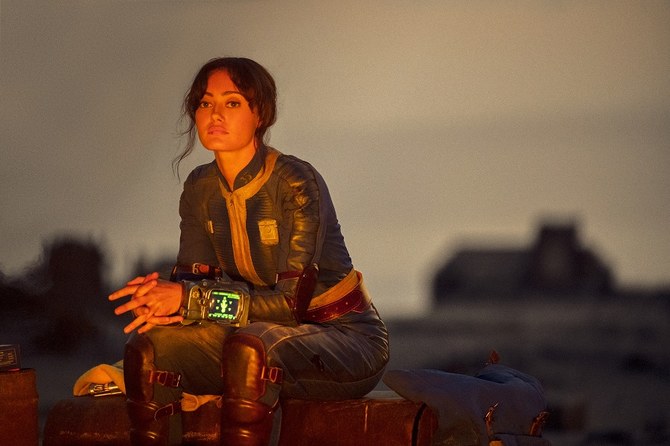
LONDON: Don’t say it too loud, but we might, finally, have reached the point when good TV adaptations of hit videogames become the norm, rather than the exception. Hot on the heels of “The Last of Us” and “The Witcher” comes “Fallout,” an eight-part series based on the post-apocalyptic world explored in the series of famed Bethesda games.
In an alternate future, with the world devastated by a global nuclear war, a community of wealthy individuals retreats to a series of underground vaults to ride out the fallout. Some 200 years later, wide-eyed vault dweller Lucy (Ella Purnell) is forced to leave the safety of her underground home when her father is kidnapped by raiders from the surface, kickstarting a journey that will not only make her confront the horrors of the unlawful society above, but also sees her meet a revolving door of eccentric (yet equally horrifying) characters along the way. Among these are Maximus (Aaron Moten), a squire in the militaristic Brotherhood of Steel, and The Ghoul (Walton Goggins), a terrifyingly mutated former actor now forging his way as a bounty hunter.
The key to the success of “Fallout” is that your enjoyment of the show is not dependent on whether or not the previous paragraph made any sense to you whatsoever. Rather, creators Graham Wagner and Geneva Robertson-Dworet, along with developers (and executive producers) Christopher Nolan and Lisa Joy have taken the wise decision to create a world wherein knowledge of the wider “Fallout” universe is a bonus, but not a prerequisite. So even if this is your first introduction to the world of Pip-Boys, gulpers and Vaulters, you won’t be penalized, and you certainly won’t feel like you’re missing out.
The world of “Fallout” is a gloriously gritty, bloody and savage one, but it’s also one of razor-sharp humor and fiendish satire — not least thanks to Goggins’ phenomenal turn as The Ghoul. Acerbic and frighteningly violent, The Ghoul is the very embodiment of the savage, unforgiving wasteland, and Goggins has a blast with perhaps the role of his career to date. Lucy is the polar opposite, and Purnell is equally as great as the naïve-yet-capable young woman entirely unprepared for the muck and murder she emerges into. Throw the two together with a razor-sharp, witty script and top-drawer production values and you have a show that’s about as much fun as you can have without a controller of your own.
What We Are Reading Today: Basic Equality
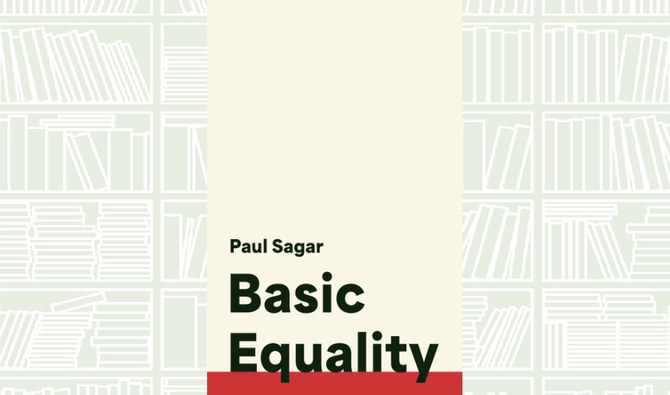
Author: Paul Sagar
What makes human beings one another’s equals? That we are “basic equals” has become a bedrock assumption in Western moral and political philosophy.
And yet establishing why we ought to believe this claim has proved fiendishly difficult, floundering in the face of the many inequalities that characterise the human condition.
In this provocative work, Paul Sagar offers a novel approach to explaining and justifying basic equality. Rather than attempting to find an independent foundation for basic equality, he argues, we should instead come to see our commitment to this idea as the result of the practice of treating others as equals.
Moreover, he continues, it is not enough to grapple with the problem through philosophy alone — by just thinking very hard, in our armchairs; we must draw insights from history and psychology as well.
What We Are Reading Today: ‘Lord of the Flies’
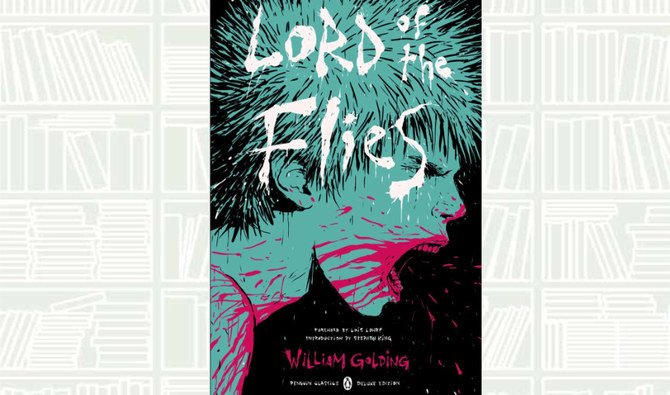
- The novel explores themes of human nature, civilization, power and the inherent darkness within individuals
Author: William Golding
“Lord of the Flies” is a coming of age novel by British novelist William Golding. First published in 1954, the title has since become a classic of modern literature.
It tells the story of a group of British boys who find themselves stranded on an uninhabited island after their plane crashes during a wartime evacuation.
The novel explores themes of human nature, civilization, power and the inherent darkness within individuals. As the boys struggle to survive and establish order on the island, their society gradually descends into chaos and savagery.
The title refers to a severed pig’s head, symbolizing the evil and primitive instincts that take hold of the boys.
The main characters in the novel include Ralph, a charismatic and responsible boy who tries to maintain order and establish a signal fire to attract rescuers; Jack, a power-hungry and savage boy who becomes the leader of a group of hunters; Piggy, an intelligent but socially marginalized boy who serves as Ralph’s adviser; and Simon, a quiet and introspective boy who experiences a deep connection with nature.
As the story progresses, the boys’ civilization erodes, and they succumb to their primal instincts, engaging in violence and tribal warfare.
“Lord of the Flies” explores the destructive potential of unchecked power, the loss of innocence, and the conflict between civilization and savagery.
The novel has always been subject to various interpretations and perspectives by different readers and scholars. Much of it has been analyzed through the lens of allegorical human nature, political and social commentary, and even Freudian psychology.
“Lord of the Flies” has left a lasting impact on literature and popular culture through its exploration of universal themes, and its enduring relevance in contemporary society.
Its portrayal of the human condition and the fragility of civilization continues to resonate with readers, making it a classic that is worthy of being read again.
What We Are Reading Today: ‘Provenance and Possession’ by K. J. P. Lowe
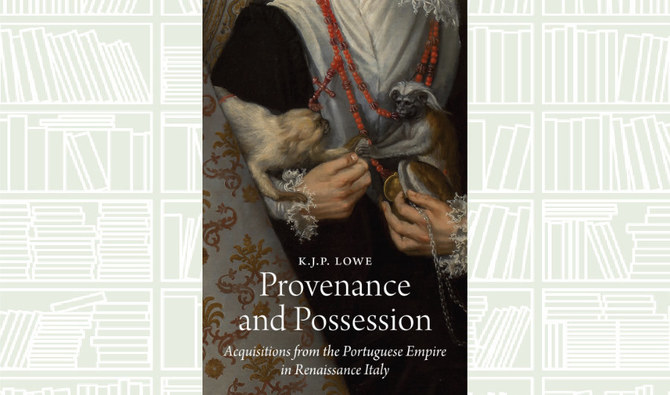
In the 15th and 16th centuries, Renaissance Italy received a bounty of “goods” from Portuguese trading voyages—fruits of empire that included luxury goods, exotic animals and even enslaved people.
Many historians hold that this imperial “opening up” of the world transformed the way Europeans understood the global.
In this book, K.J.P. Lowe challenges such an assumption, showing that Italians of this era cared more about the possession than the provenance of their newly acquired global goods.



